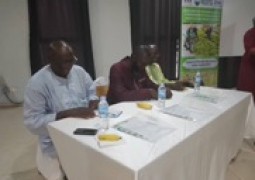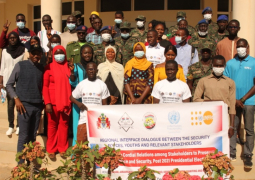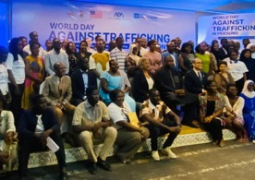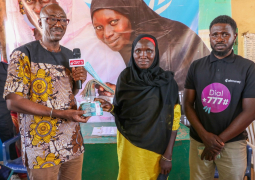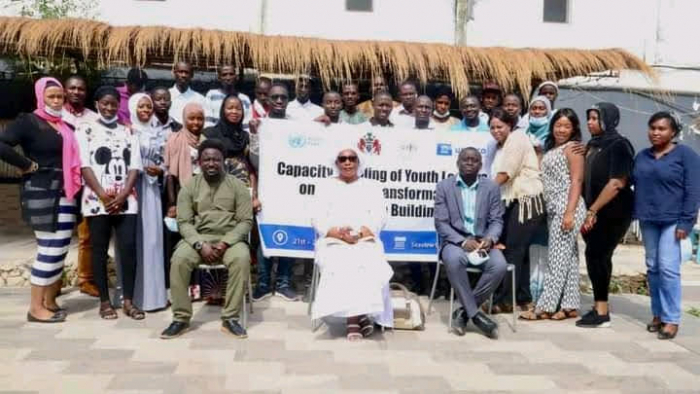
The forum organised within the framework of the Peace building Fund titled -‘young women and men as stakeholders in ensuring peaceful democratic processes and advocates for the prevention of violence and hate speech’, is being implemented by UNDP, UNFPA and UNESCO in The Gambia.
The training is designed to address the identified needs of youth organisations in various aspects of conflict resolution and peace-building such as conflict analysis, skills in peace-building, among a host of others.
At the ceremony, Mamadou Edrissa Njie, founder of GYIN Gambia chapter said the training is the second batch of 25 participants drawn from North Bank, Central River and Upper River regions.
Njie recalled that recently they conducted similar training for earlier batch of 25 participants drawn from Banjul, Kanifing Municipality, West Coast and North Bank regions.
The training, he added, is also meant to indentify approaches in conflict resolution and peace-building; mobilising for change; advocacy for conflict resolution; communication and conflict handling skills, and dealing with prejudices and discrimination.
He indicated that a comprehensive, participatory, interactive training manual on conflict transformation and peace-building education for youth associations has been developed which outlines the training module, methods and delivery.
Njie disclosed that GYIN Gambia has a membership of more than 2,000 including Community-Based Organisations and individual members.
“GYIN Gambia works with young people across the country in the areas of training, coaching, and mentoring on different themes including entrepreneurship, leadership and empowerment, and advocacy.”
Fanta B.S. Manneh, deputy permanent secretary at the Ministry of Interior explained that conflict transformation and peace-building concept of development reflects all efforts mobilised from the individual women and men, communities and institutional levels to serve as actors fostering cooperative advocacy and practice for peace, security and stability within the cultural and democratic values of rule of law.
“The scope of conflict transformation recognises participation and involvement of youth folk as a significant approach to the modern-day peacebuilding and democratic transitional practices in The Gambia.”
Thus, he added that building peace requires a network of interdependent systems, resources, values and skills gathered by government including civil society, communities, institutions and development partners as UNESCO and GYIN Gambia to promote dialogue and consultation; prevent conflict through peaceful mediation wherever violence occurs in any society at any given time.
Alhagie Jarjue, executive director of National Youth Council said conflict transformation views peace as central and rooted in the quality of relationships, adding that major faiths including Islam and Christianity preach peace.
“National Youth Council is committed to protecting the welfare of the youths. This can only come through if we all work closely to achieve these goals. We must never allow politicians to use us against each other.”
Read Other Articles In National News
